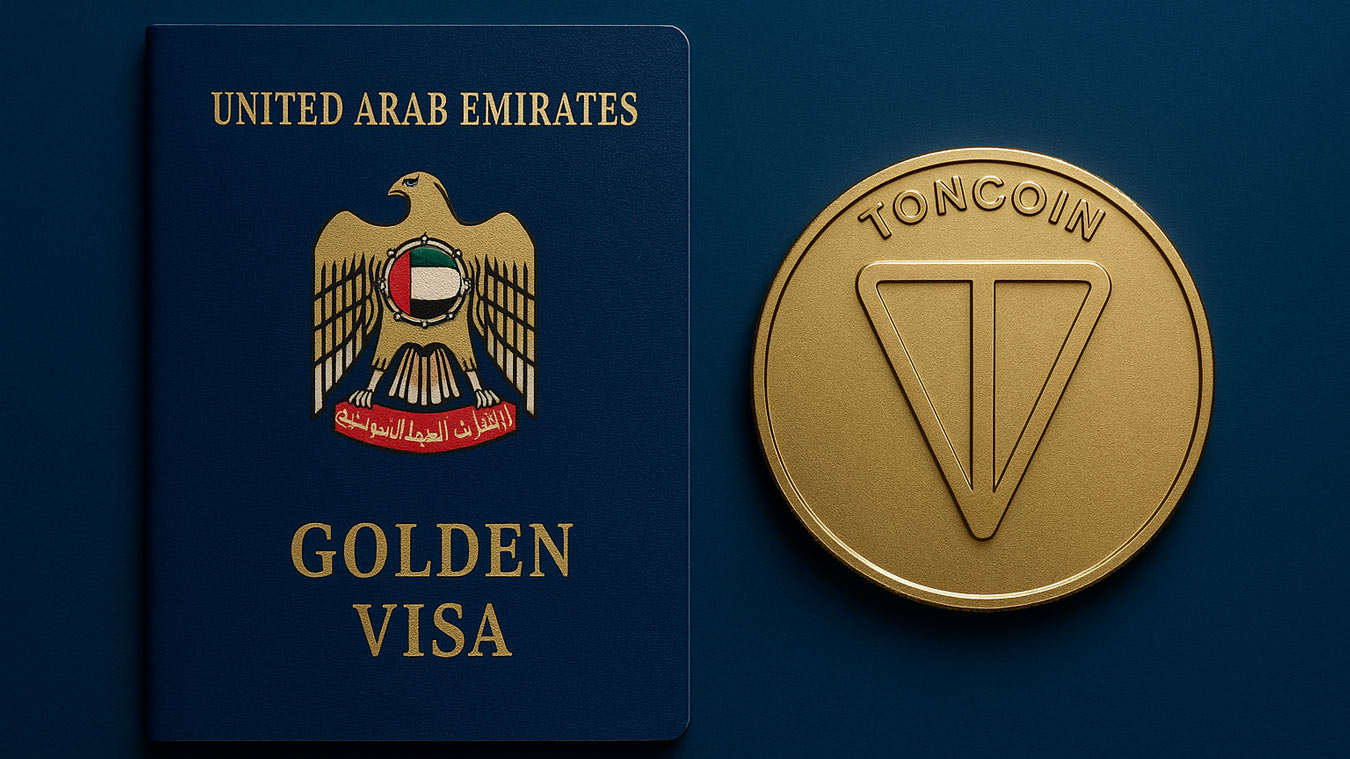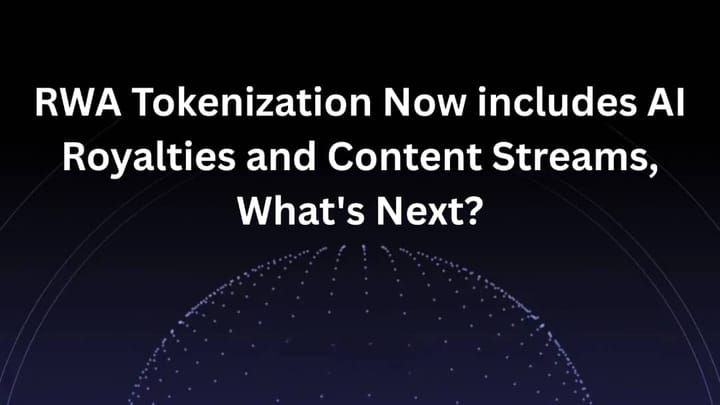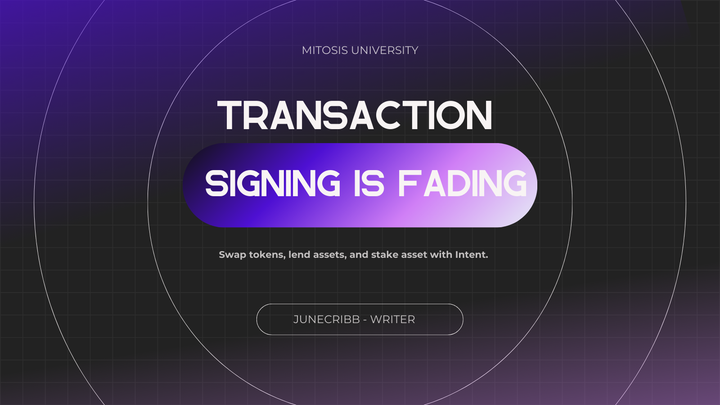Golden Visa via TON: A New Era of Crypto Migration?

The idea of a Golden Visa has traditionally been linked to investments in real estate, government bonds, or business ventures that provide residency rights in a host country. This type of visa is a popular method for investors and high-net-worth individuals seeking to expand their global mobility, tax planning opportunities, and lifestyle options. In recent years, however, the rise of blockchain technology and cryptocurrencies has paved the way for innovative new models of investment-based migration. One of the most promising and talked-about developments is the concept of a Golden Visa through TON staking, which introduces the concept of tokenized residency. This approach represents a significant shift in how residency and citizenship can be attained, merging the worlds of digital finance and migration policy.
Understanding Tokenized Residency and TON Staking
The Open Network, commonly known as TON, is a blockchain platform initially developed by Telegram that has evolved into a scalable and versatile decentralized network. It aims to support a wide range of decentralized applications and crypto assets with high throughput and low transaction fees. TON’s blockchain infrastructure enables new types of digital assets and investment products, including the possibility of tokenized residency.
Tokenized residency is a model where individuals gain residency rights through investment in digital tokens rather than physical assets such as real estate or traditional financial instruments. In the case of the Golden Visa via TON, the model operates through staking TON tokens. Staking refers to the process where holders lock up their tokens for a specified period to support the network’s security and operations, earning rewards in the process.
In this model, a potential resident stakes a predetermined amount of TON tokens within a government-approved smart contract or digital platform. This stake acts as a digital investment that connects the individual’s residency status to their commitment to the TON blockchain ecosystem. The amount and duration of staking are determined by the host country’s policies, which regulate the terms and conditions for granting residency.
The advantages of tokenized residency through TON staking are significant. Unlike traditional Golden Visa programs that often require high capital outlays in illiquid assets, staking TON tokens offers greater liquidity and flexibility. Token holders can potentially withdraw or transfer their stake subject to regulatory compliance and contractual terms. Additionally, staking TON tokens allows participants to contribute to the network’s governance, potentially influencing its development and operations.
This innovative investment approach opens new possibilities for crypto investors and digital nomads who seek residency without tying their wealth to physical properties or conventional investments.
Legal and Economic Implications for Crypto Nomads
The Golden Visa via TON staking introduces new legal and economic dynamics that challenge conventional residency frameworks. For crypto nomads, who typically rely on digital assets and remote work, this visa model provides greater freedom and adaptability.
Legally, this model requires countries to adapt their immigration and investment policies to recognize tokenized assets and smart contracts. Governments must establish clear guidelines on how digital investments qualify as valid residency requirements and ensure mechanisms to prevent fraud, money laundering, or misuse. The regulatory framework must also address how tokenized residency interacts with existing tax laws, reporting obligations, and international agreements.
From an economic standpoint, the tokenized residency model could attract a new demographic of residents who are technologically savvy and entrepreneurial. These individuals often bring innovation, investment, and a global network that can stimulate local economies. By tying residency to participation in the TON blockchain, countries can encourage the growth of Web3 technologies and digital ecosystems within their borders.
However, the model also raises challenges. Governments must balance the need to attract digital investors with the need for transparency and accountability. They must ensure that tokenized residency does not become a loophole for tax evasion or regulatory arbitrage. Comprehensive legal oversight and collaboration with blockchain experts will be crucial to mitigate risks.
The UAE as a Potential Crypto Hub
The United Arab Emirates has established itself as a global pioneer in blockchain adoption and crypto-friendly regulation. The country’s forward-looking approach includes the creation of free zones dedicated to crypto businesses, clear licensing frameworks, and efforts to foster innovation through government initiatives.
Incorporating the Golden Visa via TON staking into the UAE’s residency options could further solidify its status as a global crypto hub. Such a program would appeal to digital entrepreneurs, developers, and investors who seek a business-friendly environment combined with flexible residency options. It would signal the UAE’s commitment to embracing the digital economy and Web3 innovations.
Moreover, the UAE’s strategic location, modern infrastructure, and favorable tax regime make it an attractive destination for the global crypto community. The ability to obtain residency through staking TON tokens would enhance its competitiveness compared to other countries offering traditional Golden Visas.
This initiative could also influence migration trends by encouraging more crypto professionals and startups to relocate to the UAE, accelerating the development of its blockchain ecosystem. As a result, other nations might explore similar tokenized residency models to remain competitive in attracting digital talent and capital.
Broader Impacts on Web3 Migration Trends
The introduction of tokenized residency programs such as the Golden Visa via TON represents a broader trend in how migration policies are adapting to the digital age. Web3 technologies are reshaping not only finance and governance but also concepts of citizenship and mobility.
Migration models based on blockchain assets and staking could become more widespread as countries compete to attract remote workers and digital entrepreneurs. This evolution reflects a growing recognition that economic contributions can be made through digital participation rather than physical presence or property ownership.
Additionally, tokenized residency programs could enhance transparency and efficiency in migration processes. Smart contracts enable automated verification and compliance checks, reducing bureaucracy and speeding up approvals.
At the same time, this shift requires global cooperation to address cross-border challenges related to taxation, legal jurisdiction, and data privacy. International frameworks may need to evolve to accommodate new types of digital assets and the mobility of crypto citizens.
Conclusion
The Golden Visa via TON staking introduces a groundbreaking approach to residency and migration that leverages the power of blockchain technology. By offering tokenized residency, this model presents an accessible, flexible, and innovative alternative to traditional investment visas. For crypto nomads and digital entrepreneurs, it offers a pathway to global mobility tied to participation in emerging decentralized ecosystems.
The legal and economic implications are significant, requiring governments to rethink regulatory frameworks and embrace new forms of digital investment. The United Arab Emirates stands to benefit greatly by adopting such models, potentially cementing its position as a leading crypto hub.
Ultimately, tokenized residency programs could redefine the future of migration and citizenship, creating a new era of crypto migration aligned with the principles of Web3.
References















Comments ()